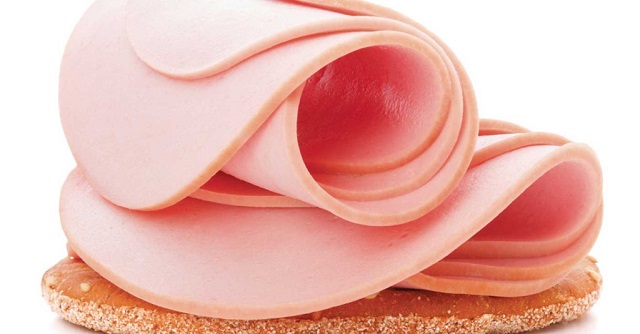Listeriosis class action looms after polony panic

As calls mount for the families of the 183 people who died from the listeriosis outbreak to launch a class action, Tiger Brands CEO Lawrence MacDougall believes it’s still too early to make that decision.
However, he said, the company would face each case on “its merits”.
The dominant outbreak strain of the food-borne disease, ST6, was officially confirmed to be present at the company’s Enterprise Foods Polokwane factory this week.
“We’ll have to deal with [the class action] when we get to it, right now our focus is on food safety. Our immediate priority has been to shut our facilities, stop deliveries and withdraw our products from the shelves,” MacDougall said on Friday evening.
The day before, Health Minister Aaron Motsoaledi had assured South Africans in a parliamentary debate that his department would help any family with the necessary information and data on the outbreak and disease should they want to sue the company.
“We are prepared to help families in whatever way, including giving them information and data, even advice if they so wish to litigate,” he said.
MacDougall, however, maintained that no direct link had been established yet between its products and the deaths resulting from the listeriosis outbreak.
“It is premature to speculate,” MacDougall said.
The World Health Organisation labelled the country’s outbreak as the largest recorded in the world. A total of 967 cases had been reported since January last year, with a rising death toll of 183 — 79 of which were newborn babies.
Yesterday law firm Richard Spoor Incorporated announced it had teamed up with top US food safety firm Marler Clark to file a class action against Tiger Brands on behalf of the victims’ families.
Economic Freedom Fighters leader Julius Malema said his party would instruct its lawyers to file court papers instituting legal action this coming week.
Tiger Brands closed its Enterprise facilities in Polokwane and Germiston this week and said it had withdrawn 3 500 tonnes of ready-to-eat processed meat, which would be incinerated according to guidelines set out by the National Consumer Commission.
Enterprise reportedly produces 60 000 tonnes of processed meat every year at the two plants.
Polony products from Rainbow Chicken’s Wolwehoek facility also tested positive for the bacterium, but the sequence type hadn’t been confirmed yet as the deadly ST6 strain. The polony products were recalled by the company this week, as the health department continued its investigation into the facility.
During a visit to the Enterprise facility in Polokwane this week, several workers confirmed they were deep-cleaning the machinery and had been told they would be continuing with cleaning operations this week. They did not know when they would return to their regular food-processing jobs.
The company still maintained at the weekend that, through its testing, it had been “well within” the Listeria guidelines as per the SA National Standard for Processed Meat Products. According to regulations, a certain level of Listeria bacteria is allowed — less than 100 colony forming units (CFUs). Tiger Brands said its swabs measured 10 CFUs.
“The industry has not been guided on what the infectious dose of ST6 is in products – in other words, while the government standard for Listeria is below 100 CFU, the industry has not been informed about the level of ST6 that could make you sick. Enterprise Foods is [now] applying a measured standard of “not detected’,” company spokesperson Nevashnee Naicker said.
Asked if any of the employees at either Enterprise facilities had contracted the disease, Naicker said: “None that we are aware of. We have, however, begun health monitoring and screening employees at the two facilities, in consultation with the union.” — Sapa










Comments